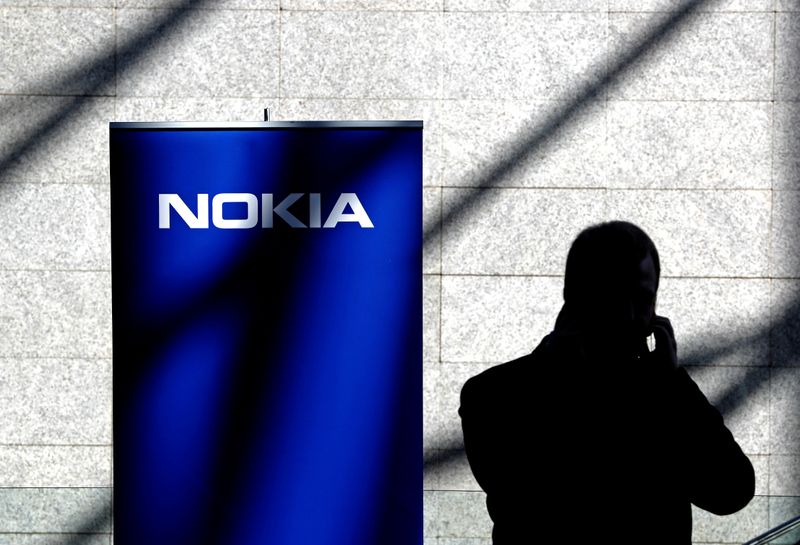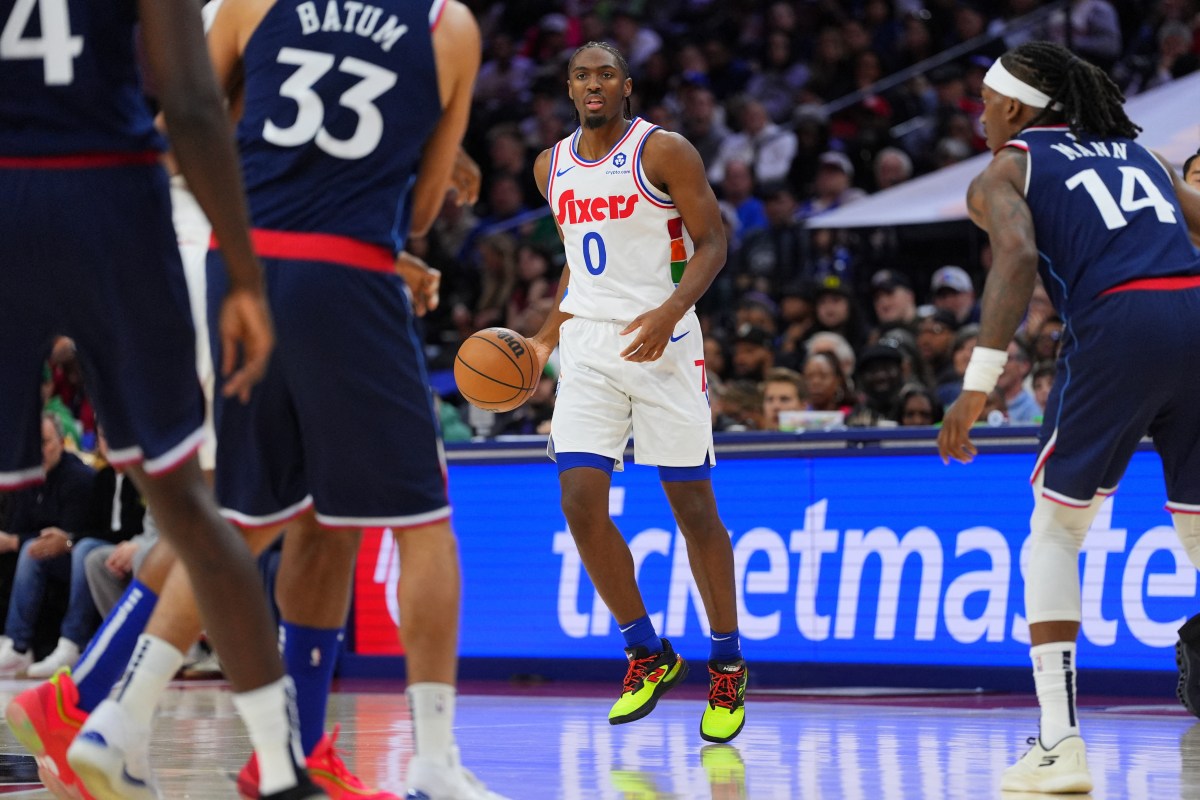(Reuters) – Nokia has won a share of China Unicom’s 5G core network order alongside Huawei and ZTE, Nokia’s Chief Executive Rajeev Suri told Reuters in an interview, citing information published by the telecom operator.
“We are the only foreign supplier in China Unicom for 5G core,” Suri said.
Nokia provides a wide range of telecom equipment in the China market but saw its Greater China revenue drop 29% year-on-year in January-March.
China Unicom was not immediately available for comment, but had listed Nokia on its website as the number three winner, behind Huawei and ZTE, for the “2020 China Unicom 5GC Centralized Procurement Project”, covering two core network projects.
“It should be about 10% market share in 5G core and about 17% in virtualized IMS,” Suri added, referring to virtual IP Multimedia Subsystems, which deliver real-time communication services.
The core network is where the most critical controls are located and the most sensitive information is stored, while the peripheral radio network is typically larger and includes masts, antennas and other passive equipment.
Nokia has been on sidelines for larger China radio orders which often mean taking losses in the early years of a contract.
According to media reports, Nokia did not win any 5G radio contracts from Chinese telecom companies – China Mobile, China Unicom and China Telecom – in recent bidding rounds.
Nokia said it expected to remain a “meaningful player” in China through its wide telecom portfolio even though pursuing 5G radio network market share presents significant profitability challenges.
Suri said, for 5G radio equipment markets, China was a large part of the global market but not so much from a revenue standpoint.
“So people only speak about the volume share being 50, 60 percent. But when it comes to the revenue share, the value share of that market, it’s about half that,” he added. “And then the profit share in the medium term is actually negligible as part of the global market.”
(Reporting by Tarmo Virki, additional reporting by Supantha Mukherjee, Josh Horwitz and Brenda Goh, writing by Anne Kauranen; Editing by Jon Boyle)



















